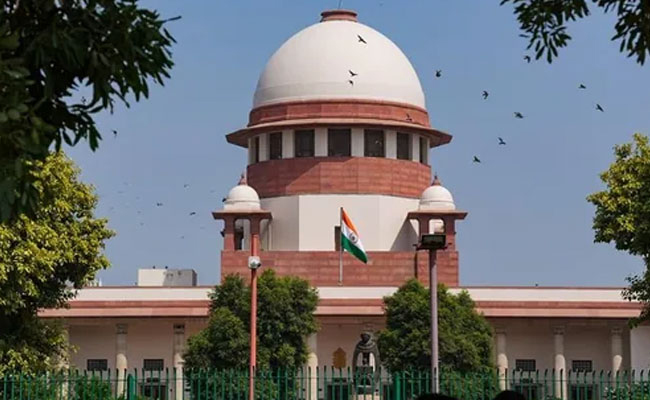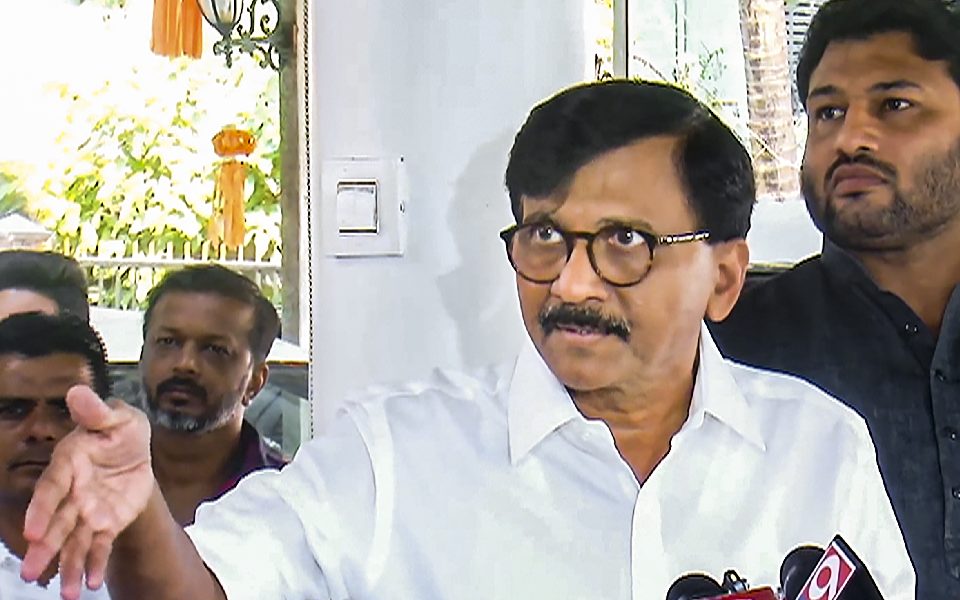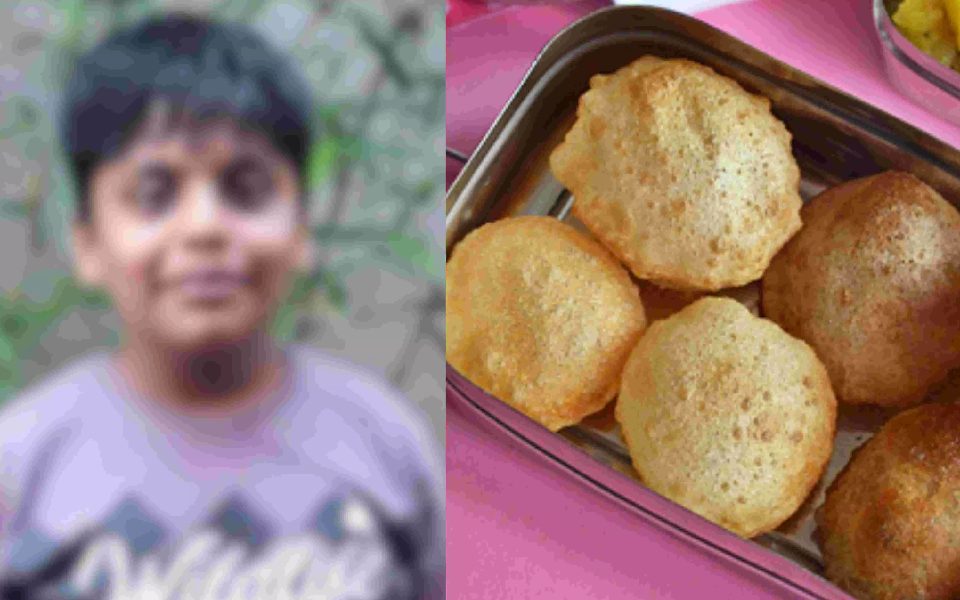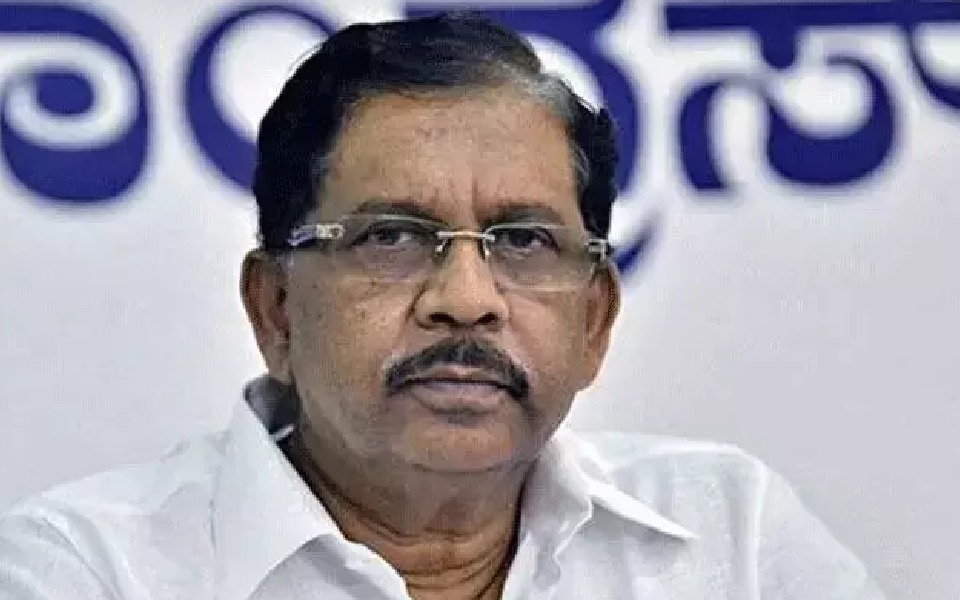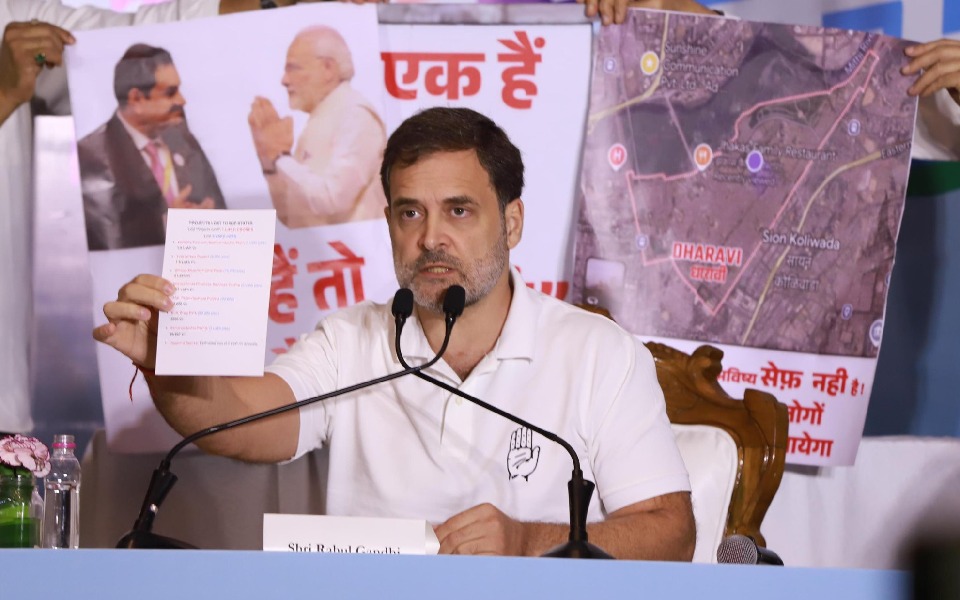New Delhi: On Monday, October 21, the Supreme Court restrained both the Union Government and State Governments from acting upon the communications issued by the National Commission for Protection of Child Rights (NCPCR) concerning the withdrawal of recognition of madrasas that do not comply with the Right to Education (RTE) Act, 2009. The Court also halted the inspections of madrasas based on NCPCR’s directives.
A bench comprising Chief Justice of India DY Chandrachud, Justice JB Pardiwala, and Justice Manoj Misra issued this interim order while hearing a writ petition filed by Jamiat Ulema-i-Hind, an Islamic clerics' body, challenging the NCPCR's actions.
The controversy began on June 7, 2024, when the NCPCR directed the Chief Secretary of Uttar Pradesh to withdraw recognition from madrasas that did not comply with the RTE Act. This was followed by another communication on June 25, 2024, asking the Ministry of Education to instruct all States and Union Territories to inspect madrasas with UDISE Codes and revoke recognition from those non-compliant with the RTE Act.
Subsequent actions included a June 26, 2024, directive from the Uttar Pradesh Chief Secretary instructing District Collectors to investigate all government-aided and recognised madrasas in the state that admit non-Muslim children. A similar directive was issued by the Tripura Government on August 28, 2024. The Union Government also wrote to all States/UTs on July 10, 2024, urging compliance with the NCPCR's instructions.
Challenging these orders as a violation of the religious rights of minorities under Article 30 of the Constitution, the petitioners approached the Supreme Court. The Court, while issuing notice, directed that the NCPCR’s communications dated June 7 and June 25, 2024, and the corresponding actions by the Uttar Pradesh Chief Secretary and the Governments of India and Tripura, shall not be acted upon until further orders.
Additionally, the bench granted the petitioner liberty to implead all States and Union Territories in the petition following a request by Senior Advocate Indira Jaising.
Let the Truth be known. If you read VB and like VB, please be a VB Supporter and Help us deliver the Truth to one and all.
Mumbai, Nov 25: Shiv Sena (UBT) MP Sanjay Raut on Monday demanded a re-election in Maharashtra using ballot papers, claiming there were irregularities with the electronic voting machines (EVMs).
Talking to reporters, Raut alleged several complaints about EVMs malfunctioning and questioned the integrity of the recently held elections.
The BJP-led Mahayuti won 230 out of 288 seats in the assembly elections, while the opposition Maha Vikas Aghadi managed 46 seats, with Shiv Sena (UBT) winning just 20 out of 95 seats it contested.
"We have received nearly 450 complaints regarding EVMs. Despite raising objections repeatedly, no action has been taken on these issues. How can we say these elections were conducted fairly? Hence, I demand that the results be set aside and elections be held again using ballot papers," Raut said.
Citing some instances, he said a candidate in Nashik reportedly received only four votes despite having 65 votes from his family, while in Dombivli, discrepancies were found in EVM tallies, and election officials refused to acknowledge the objections.
The Sena (UBT) leader also questioned the credibility of the landslide victories of some candidates, saying, "What revolutionary work have they done to receive more than 1.5 lakh votes? Even leaders who recently switched parties have become MLAs. This raises suspicions. For the first time, a senior leader like Sharad Pawar has expressed doubts about EVMs, which cannot be ignored."
Asked about the MVA's poor performance in the elections, Raut rejected the idea of blaming a single individual.
"We fought as a united MVA. Even a leader like Sharad Pawar, who commands immense respect in Maharashtra, faced defeat. This shows that we need to analyse the reasons behind the failure. One of the reasons is EVM irregularities and the misuse of the system, unconstitutional practices, and even judicial decisions left unresolved by Justice Chandrachud," he said.
Raut stressed that though internal differences might have existed within the MVA, the failure was collective.
He also accused the Mahayuti of conducting the elections in an unfair manner.
"I cannot call the elections fair given the numerous reports of discrepancies in EVMs, mismatched numbers, and vote irregularities across the state," Raut said.

